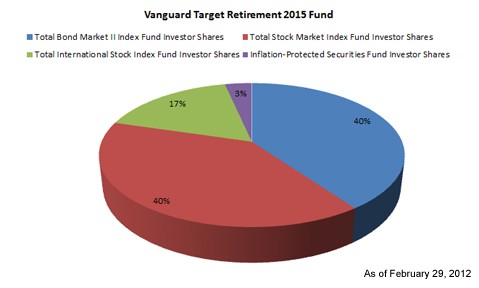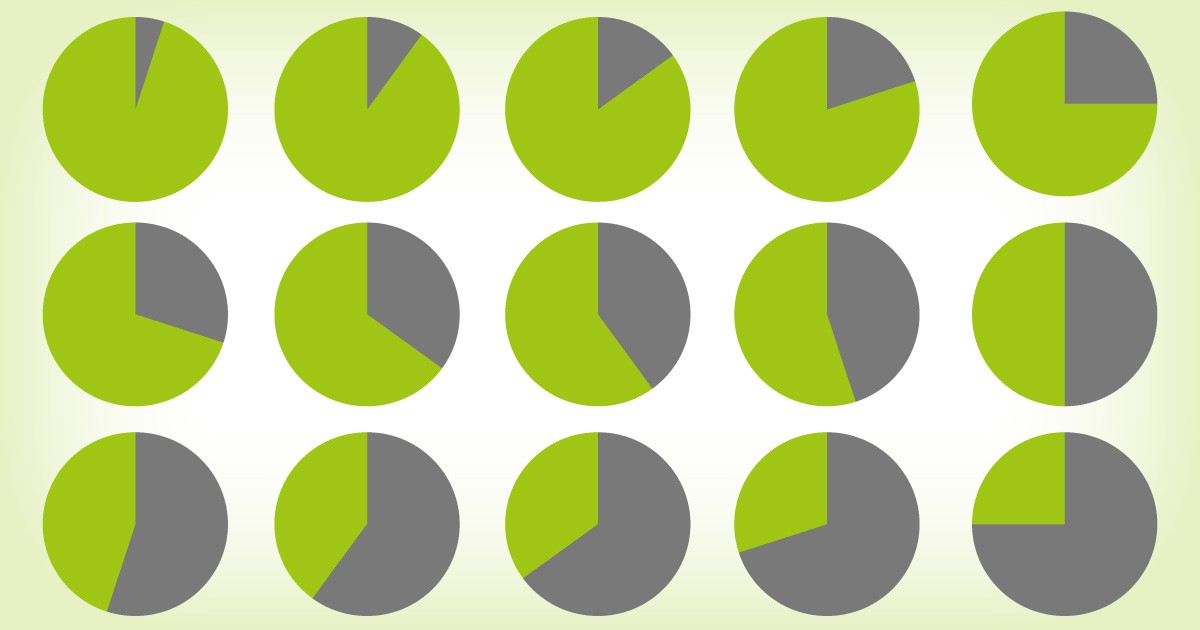Disadvantages of Target Date Retirement Funds Pros and Cons
Post on: 16 Март, 2015 No Comment

Saving for retirement means jumping into a dictionarys worth of acronyms, account designations, and Internal Revenue Service rules. Keeping all of that straight while also enjoying your day-to-day life can be very challenging. When faced with the option of selecting multiple mutual funds from potentially thousands of options, many investors choose to put off the task which inevitably hurts their retirement.
Target date funds are not created equally
The large mutual fund companies of the world like Vanguard, T. Rowe Price, and Fidelity noticed this trend and put together a new type of retirement fund that these overwhelmed investors could use to save for retirement without having to make a multitude of choices.
That new type of fund is called a Target Date Retirement Fund . The premise is simple: you pick a year you want to retire (usually based in 5 year increments like 2020, 2025, 2030, and so on) and invest only in that Target Date Fund. The mutual fund company then takes the money that comes into that fund and automatically invests it into a diversified portfolio of index funds that they own.
Its a great idea and one I currently use for my own Roth IRA investments. You pick one company, one fund, and set up automatic contributions. It makes the process of getting started with investing much easier. (You can focus on better investments or a more thorough portfolio when you have enough money to manage.)
Downsides to Using a Target Date Fund
However, the funds arent without some drawbacks.
Poor Asset Allocation
A target date retirement fund is really a fund of funds. Its one investment that holds a basket of other investments, often including an assortment of mutual and index funds . bonds, and other investments. This can lead to asset allocations that do not line up with your risk profile or needs. Many investors found this to be true during the most recent recession: funds for people just about to retire often had stock allocations still above 60%. Those investors took a huge hit to their portfolios because the allocations didnt change along with the market.
Do you have total control of your asset allocation with a target date fund?
Differing Asset Allocation
These funds of funds are a product developed by the firm you are investing with. That means that not all Target Date Funds are equal. One company might offer a 2015 fund with a 50%/50% stock/bond mix while another might be more conservative at 40%/60%. You need to compare multiple funds from multiple companies to see which allocation best aligns with your retirement goals.
Double Dipping Expense Ratio Fees
Lastly, since these mutual funds hold other funds some companies charge double expense ratio fees or a management fund on top of expense ratio fees.

For example, the Vanguard Target Retirement 2015 (VTXVX ) comes with an expense ratio of 0.17%. That means for every $10,000 you have invested in the fund you will be charged $17 per year. With Vanguard this is the only expense ratio or management fee you pay. This is a great deal for investors compared to other funds that charge not only the fee for the Target Date Fund, but also the included expense ratios on the funds it holds.
If Vanguard did this, you would be paying the following fees on top of that 0.17% you already pay:
- 40.1% invested in Vanguard Total Bond Market II (VTBIX) with a 0.12% expense ratio
- 38.8% invested in Vanguard Total Stock Market (VTSMX) with a 0.18% expense ratio
- 16.7% Vanguard Total International Stock (VGTSX) with a 0.22% expense ratio
- 4.4% Vanguard Inflation-Protected Securities (VIPSX) with a 0.20% expense ratio
If you average out the allocation to each fund and its expense ratio, you would be adding about 0.16% in additional expenses on top of the 0.17% that Vanguard charges.
Thankfully, Vanguard doesnt do this but the fund you are looking at might. An article in Forbes from 2011 shows that some management fees can add anywhere from 0.25% to 1.1% in costs to the investment. Thats money coming straight out of your pocket and your retirement.
Be sure to research each fund before you invest your hard earned retirement funds. Here is a comparison of target date funds offered by the “Big 3” mutual fund houses: Vanguard, Fidelity, and T. Rowe Price target date funds .
Final Thoughts on Target Date Funds
I personally believe target date funds are a great way to start your retirement savings. However, as weve seen, picking the right fund company can make or break your retirement as well. Be sure you know how the fund company charges expenses and avoid the ones that double up on you. (Otherwise you would be better off manually building your portfolio to mimic their asset allocation without paying the additional management fee!)














